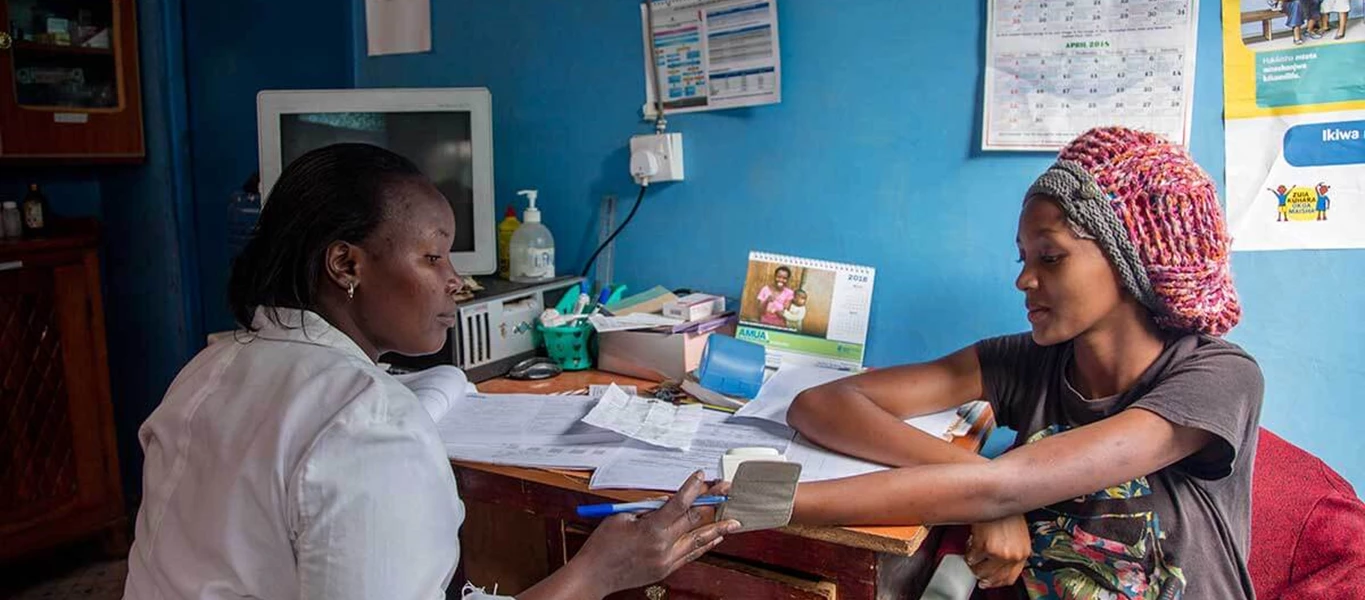We pride ourselves on the technical expertise we have built up over more than 40 years of working in sexual and reproductive health.
We’ve pioneered the use of new techniques and approaches, based on evidence and our comprehensive experience of delivering services in some of the world’s most challenging environments.
And because we want to ensure quality and best practice is spread globally, we constantly share the lessons we’ve learned – both within our sector, and outside of it.
Evidence is an integral part of our programmes. Our expert research and impact teams work with country programmes, governments and other organisations to gather quantitative and qualitative data. We use this data to:
Much of our research and data is available to read and download from our resource library.

As the countries where we work take progressively greater responsibility for financing healthcare, advocates for contraception and safe abortion can use their expertise to create financing mechanisms that guarantee choice and quality for clients.
MSI continuously assesses the markets in which we operate to identify adjustments that will ensure equitable access for family planning and safe abortion. We develop and demonstrate innovative health financing mechanisms, working alongside governments and donors to test what works.
We work with national health insurances and private provider networks to increase coverage, encourage access for underserved groups and demonstrate policy changes that will open up access to family planning services through private and public sectors.
Our clinical standards are developed in partnership with our in-country quality assurance teams. They carry out on-the-job training, mentoring and assessment against global standards, supported by annual visits from our international quality assurance team.
This results in continuous monitoring and improvement of the quality of our clinical services in our centres, outreach sites and social franchises.
Wherever we provide services in the world, whether it’s on rural outreach in Tanzania or in an urban clinic in the UK, they are always high quality and focused on the needs of the woman.
All of our research proposals are reviewed independently by the Ethics Review Committee (ERC), to ensure they are ethically sound.
And because we believe that we should be held accountable for the impact that our work has, we have developed Impact 2.
Impact 2 is an innovative and industry-leading mathematical tool that allows us to measure the impact of our work and the wider social and economic benefits of offering access to contraception. We have made it available for download, along with guidance and training notes.
With accurate data we can make informed decisions on how to make the most of our resources to reach more women and have the greatest impact.
The core metric we, and many others in the sector, use to measure the impact and performance of our work is ‘Couple Years of Protection’ (CYP). One CYP is the contraception needed for a couple to prevent pregnancy for one year.
Different contraceptive methods account for different numbers of CYPs, depending on how long they can be used for and how effectively they prevent pregnancy.
Download our infographic to see how many CYPs each contraceptive method delivers:
What is a CYP?